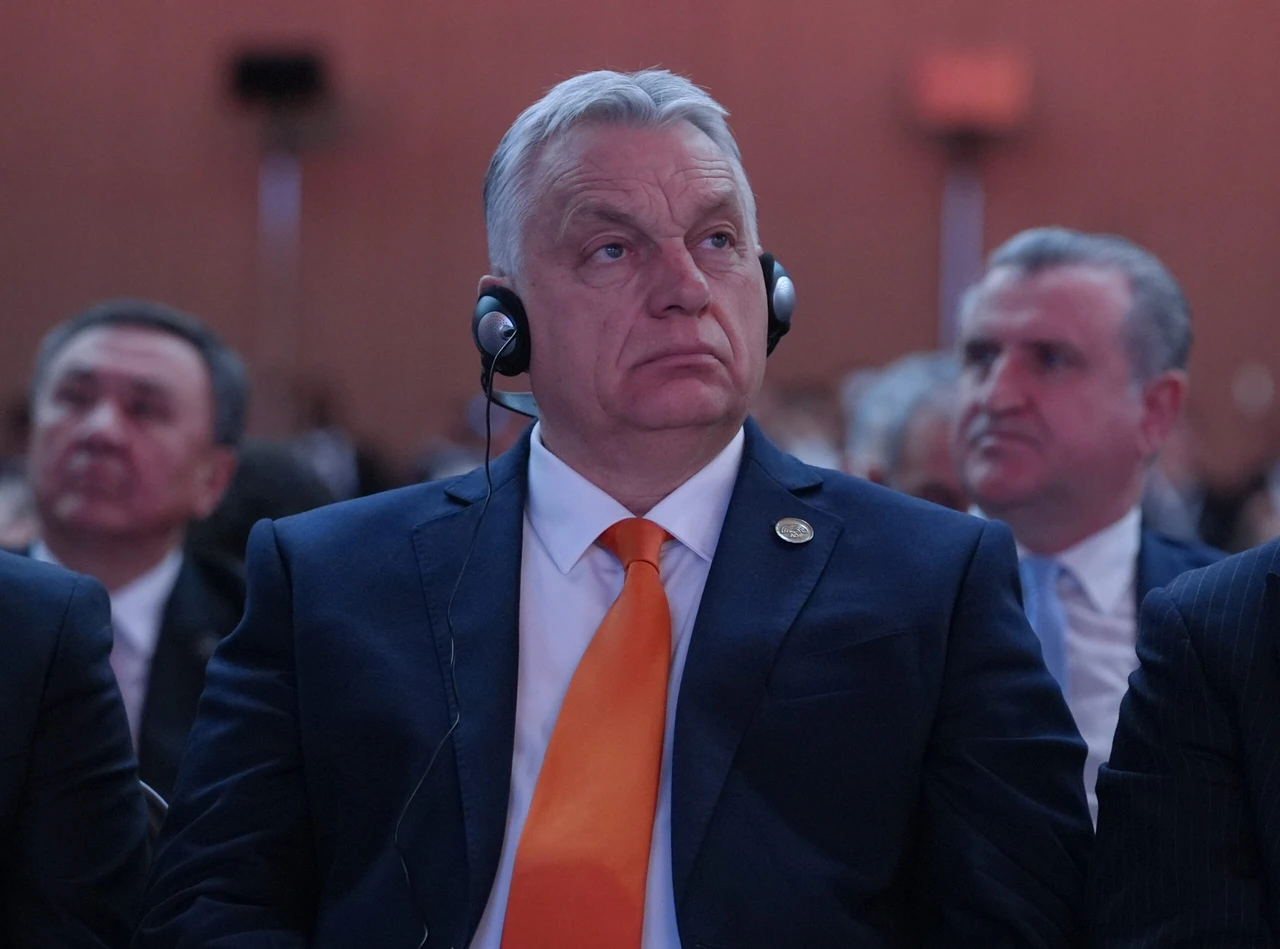Lufthansa grapples with strike at key German airports, over 100,000 passengers affected

Germany’s labor union Verdi announces strike against Lufthansa’s ground crew at seven major airports, potentially disrupting travel plans for over 100,000 passengers
In another big setback in Germany’s recent wave of labor discontent, the labor union Verdi announced a massive strike action aimed at Lufthansa’s ground crew at Germany’s top airports. The strike, which is expected to start early on Tuesday and end early on Wednesday, will impact seven major airports, including Berlin, Frankfurt, and Munich. It may cause travel plans for more than 100,000 passengers to be disrupted.
Lufthansa is now working on a different flight plan in advance of the strike in order to minimize the effect on its customers. The airline’s HR boss, Michael Niggemann, has voiced his displeasure with the union’s decision, highlighting the excessive burden it creates on passengers.
The union’s discontent with the current discussions over pay and working conditions for the airline’s 25,000 ground employees, especially the maintenance workers and airport counter staff, is at the center of the conflict. Verdi has identified a primary cause of the strike as the large salary gaps that exist between ground crew and other personnel categories, such as pilots.
Verdi’s top negotiator, Marvin Reschinsky, drew attention to the discrepancy between the wage hike proposals made to pilots and ground workers, the latter of which had been severely harmed by recent inflationary trends.
Verdi is seeking to counteract the financial strains of inflation and the economic consequences of the coronavirus epidemic with a minimum monthly hike of 500 euros and a pay increase of 12.5%. The counteroffer from Lufthansa consists of a one-time inflation incentive of 3,000 euros per employee as well as a progressive pay increase of 9.5 percent over two increments.
The next round of negotiations, scheduled for Feb. 21, is likely to have an impact on Lufthansa and its impacted passengers as well as the larger picture of labor relations and pay adjustments in Germany’s economy, which is still recovering from the consequences of the epidemic. The country has seen a surge of industrial activities, including this walkout, that highlight workers’ demands for higher salaries in order to keep up with the rising cost of living.
Source: AFP



